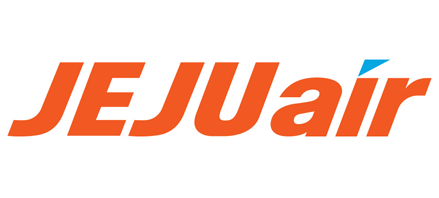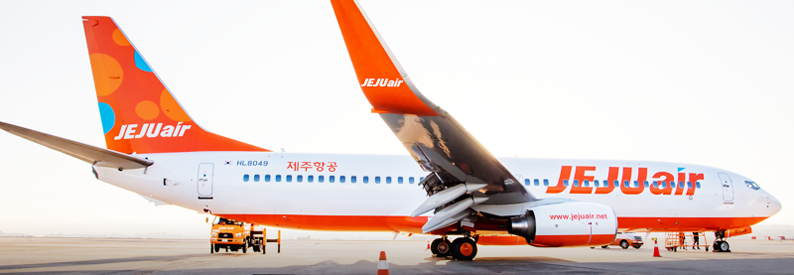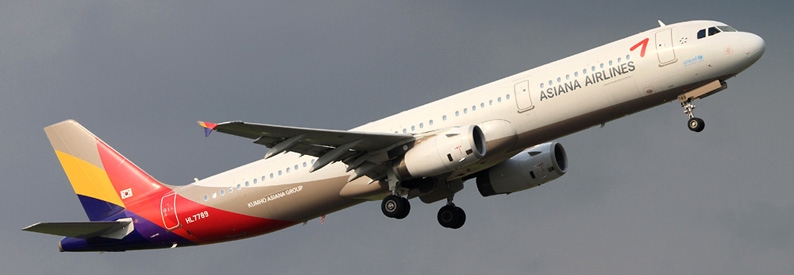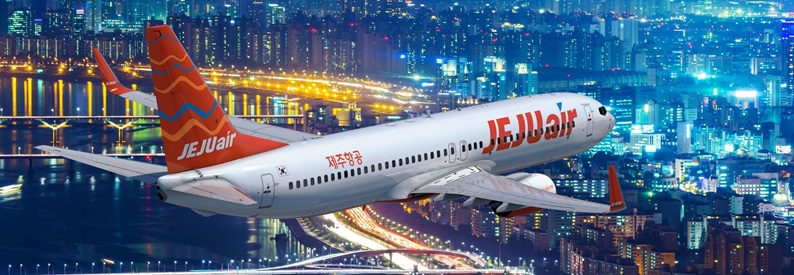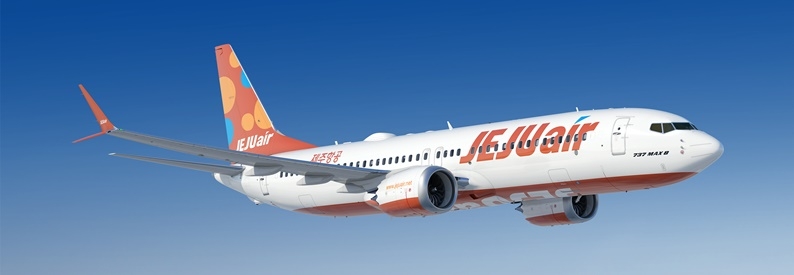A resurgent Jeju Air (7C, Jeju) may have its wings clipped by production delays at Boeing. The low-cost carrier is now chasing Asiana Airlines (OZ, Seoul Incheon) to become the country's second largest carrier and plans to shortly begin introducing forty B737 MAX aircraft that it ordered in 2018. However, the timeline to do so will depend on Boeing's ability to deliver.
Last week, Jeju Air announced a first quarter operating profit of KRW70.7 billion won (USD52.8 million) against revenues of KRW422.3 billion (USD315.4 million). It is now on track to become the country's second largest carrier, relegating Asiana Airlines to third place. But the introduction of the B737-8s may be slower than planned. When the order was first announced, deliveries were set to start in 2022. Currently, Jeju Air anticipates receiving one of the type, its first, in the second half of 2023, with deliveries scheduled until 2028. Initially, Jeju Air intends to deploy the MAX onto sectors into Japan, where it has a commanding market share.
Despite the delivery delays, Korean language business media say the low-cost carrier's outlook for the remainder of the year is good, adding that the high numbers of travellers in the Asian region along with generally reduced aircraft capacity are combining to create "the best business conditions."
Jeju Air operates a fleet of thirty-seven B737-800s and a single B737-800(BCF). According to the ch-aviation Commercial Aviation News, Operator & Airport Data module, it flies to 43 destinations in 14 countries. Citing Airportal data, Seoul's Chosun Media says Jeju Air flew 833,721 passengers on its international network in the first three months of 2023, only 25,000 less than Asiana.
But when international and domestic passenger numbers are combined, Jeju Air flew 2.12 million passengers in the quarter, besting Asiana's 2.08 million passengers. Jeju Air operates far smaller aircraft than Asiana, whose diverse 78 strong fleet includes 12 aircraft types, including 56 widebodies. Jeju Air's smaller fleet of smaller planes operate at much higher frequencies. In the first quarter of the year, even without the MAX aircraft, Jeju Air operated 400 more international flights than Asiana.
South Korea's largest carrier, Korean Air (KE, Seoul Incheon) is proposing to merge with Asiana, ending that brand but creating one of the world's biggest carriers. That merger remains subject to approval by European Union, Japanese, and US anti trust authorities.
